Africa Gastronomy Cities
Bohicon - UNESCO City of Gastronomy
Bohicon stands as a key urban center in Benin, brimming with activity and tasty fare. As the country's third-largest city, it functions as a crucial commercial hub where age-old bazaars and contemporary businesses intersect. The city's moniker, stemming from "Gboxicon," or "market sheep," points to its past significance in the livestock trade.
Positioned a mere 9 kilometers east of Abomey, Bohicon boasts top-notch road and rail links, making it a breeze for visitors to reach. The urban layout showcases a mix of colonial-era buildings and modern structures, resulting in a distinctive cityscape that's both appealing and practical.
- Bohicon offers a rich array of local foods and lively marketplaces
- Afitin, a fermented soybean paste, is central to many regional recipes
- The city's prime location makes it perfect for sampling Benin's cuisine and attractions
What's on the menu in Bohicon?
Bohicon's food landscape is a fusion of tastes, shaped by its deep-rooted cultural background and strategic position. The city's markets overflow with local components, seasonings, and ready-made foods that form the core of Beninese cooking.
Afitin, a fermented soybean paste akin to Japanese natto, is fundamental to Bohicon's culinary identity. This protein-packed flavoring appears in numerous local dishes and is traditionally crafted by women in the area. Its strong scent and savory taste make it a key ingredient in broths, one-pot meals, and gravies.
For an authentic taste of local fare, head to the Maquis Malodie market. You'll encounter countless food booths serving everything from morning egg dishes and coffee to fiery pepper-laden creations. The market buzzes with thousands of sellers from all over Benin, creating a lively atmosphere that stimulates all your senses.
A haven for street eats
If you're watching your wallet like me, Bohicon's street food scene won't disappoint. The city's thoroughfares are packed with vendors offering affordable and tasty snacks and meals.
Yovo Doko, a type of doughnut made from flour, sugar, yeast, and water, is a popular street snack. These golden, crunchy treats are often found at roadside stands and make for an ideal quick bite or morning meal while on the move.
Another must-sample street food is Agbéli Kaklo, prepared with grated and fried plantains. Often accompanied by a spicy sauce, this snack presents an enticing blend of sweet and savory flavors that you'll want to try again and again.
Be sure to try Kuli-Kuli, a well-liked snack made from peanut paste mixed with spices and fried until crisp. It's an excellent protein-rich choice for a midday energy boost.
Bohicon's food treasures
While street food abounds, Bohicon also features some fantastic sit-down eateries where you can enjoy local specialties in a more relaxed setting.
Restaurant Chez Monique is popular among locals for its genuine Beninese cuisine. Here, you can sample traditional dishes like Akassa, a corn-based polenta-like food, served with flavorful sauces.
For those interested in a mix of local and international flavors, Restaurant Le Jardin presents a combination of French and Beninese cuisine. Their Foie Gras with mango sauce is a unique take on a classic dish that perfectly captures the restaurant's culinary approach.
If you're after a casual dining experience that's easy on the wallet, check out Maquis La Detente. This cozy spot serves various local dishes, including Djenkoume, a savory corn and tomato creation that's sure to please your palate.
Market mayhem
A food tour of Bohicon wouldn't be complete without visiting its famous markets. The Bohicon market is one of Benin's largest and offers an overwhelming array of sights, sounds, and smells.
Here's a quick guide to navigating the market:
- Get there early: The market is busiest in the morning when produce is freshest
- Carry small bills: Most vendors prefer cash transactions
- Sample before purchasing: Many sellers will offer tastes of their products
- Haggle politely: Price negotiation is expected, but remember to be courteous
In the market, you'll find a wide range of local ingredients used in Beninese cooking. Keep an eye out for:
| Ingredient | Use in local cuisine |
| Afitin | Fermented soybean paste used in sauces and stews |
| Egusi seeds | Ground and used to thicken soups |
| Palm oil | A base for many local dishes |
| Gboman leaves | Used in stews and sauces for their unique flavor |
Cooking up a storm
For those wanting to take a bit of Bohicon's food culture home, think about joining a cooking class. While formal cooking schools are scarce in the city, many local restaurants and guesthouses provide informal cooking demonstrations.
Here's a simple recipe for Amiwo, a popular cornmeal-based dish from the region:
Ingredients:
- 2 cups cornmeal
- 2 cups water
- 1 tablespoon palm oil
- Salt to taste
Instructions:
- Mix cornmeal with water to form a paste
- Heat palm oil in a pot
- Add the cornmeal paste and stir continuously
- Cook for about 15 minutes, stirring often
- Season with salt to taste
- Serve hot with your choice of sauce or stew
Quench your thirst
To accompany all the tasty food, Bohicon offers various local drinks. Sodabi, a palm wine spirit, is favored by locals. For non-alcoholic options, try Bissap, a refreshing hibiscus drink, or Tchakpalo, a millet beer.
"In Bohicon, each meal celebrates flavors and traditions passed down through generations." - Local saying
Beyond the plate
While food is undoubtedly a highlight of Bohicon, the city and its surroundings provide plenty of other attractions to round out your visit.
The nearby Abomey Historical Museum offers insight into the area's rich history, including its role in the ancient Kingdom of Dahomey. For nature enthusiasts, a day trip to Pendjari National Park presents the chance to observe wildlife in their natural habitat.
After a day of sightseeing, relax at one of Bohicon's local bars or nightclubs. The city's nightlife is lively, with many venues featuring live music and dancing late into the night.
FAQs
When's the best time to visit Bohicon for food lovers?
Food enthusiasts should aim to visit Bohicon during the dry season, from November to February. This period offers pleasant temperatures and less rain, making it ideal for exploring outdoor markets and street food stalls. However, if you're keen on experiencing local harvest festivals, consider visiting during the wet season (March to October) when many crops are gathered and celebrated.
Are there any food-related festivals in Bohicon?
Yes, Bohicon hosts several food-related events throughout the year. The most notable is the "Local Tastes of Zou" festival, which took place in 2017 and 2019. This event showcases traditional gastronomic heritage and local culinary specialties. While dates may vary, these festivals typically occur in the latter half of the year and provide a great opportunity to immerse yourself in the local food culture.
Is street food in Bohicon safe to eat?
Generally, street food in Bohicon is safe to eat, but as with any travel destination, it's wise to be cautious. Opt for busy stalls with high turnover, as this usually indicates fresh food. Choose foods that are cooked thoroughly and served hot. It's also a good idea to carry hand sanitizer and use it before eating. If you have a sensitive stomach, you might want to start with small portions to allow your system to adjust to the local cuisine.
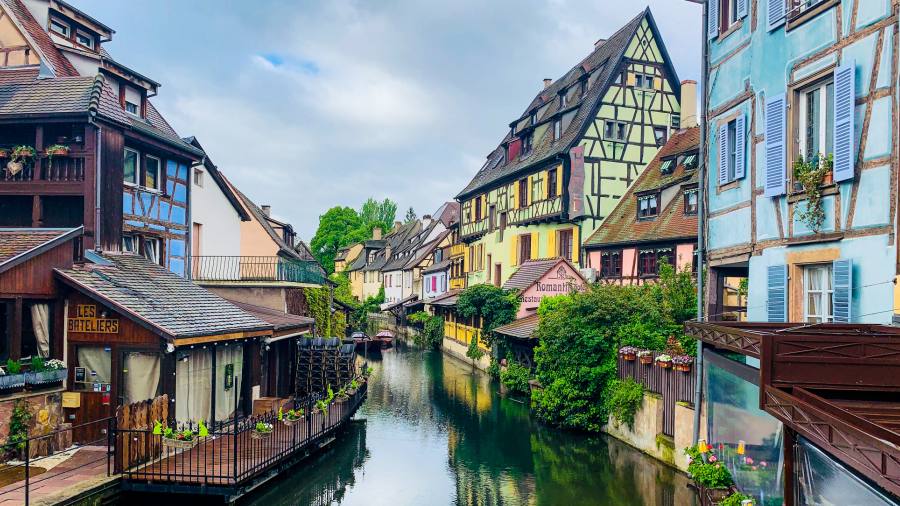



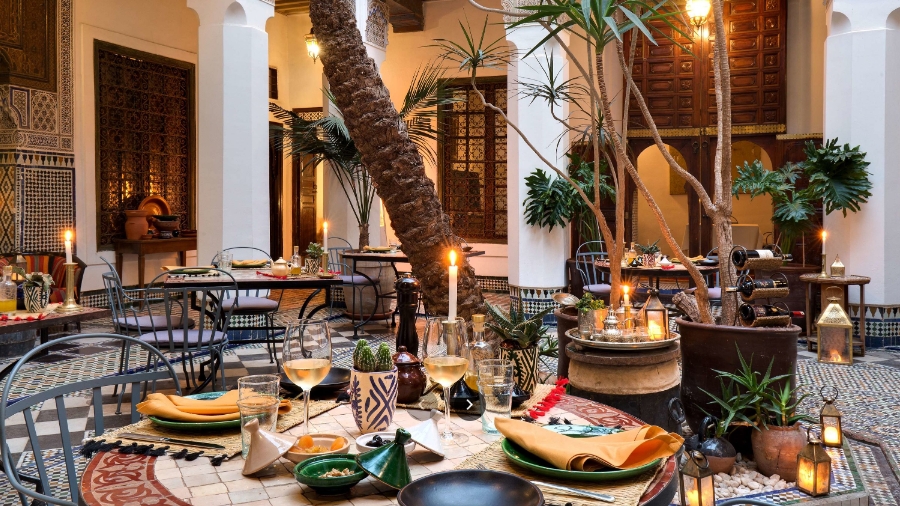


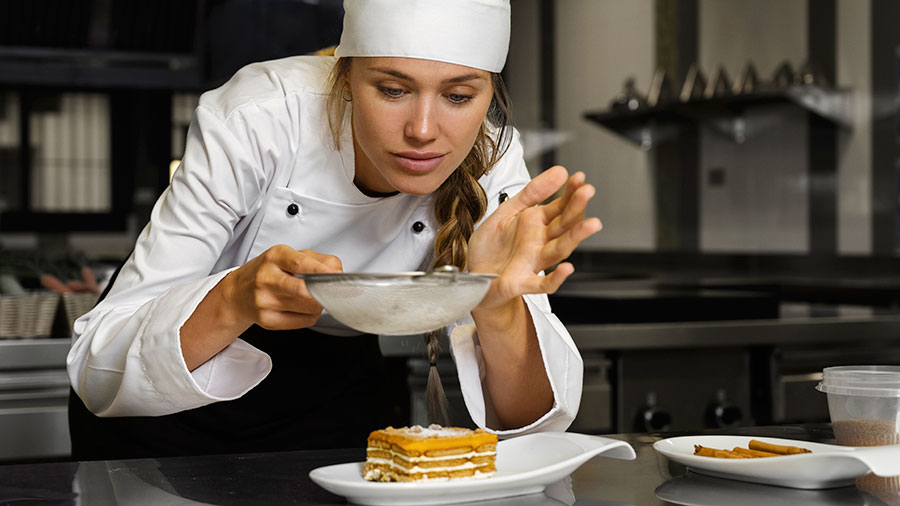



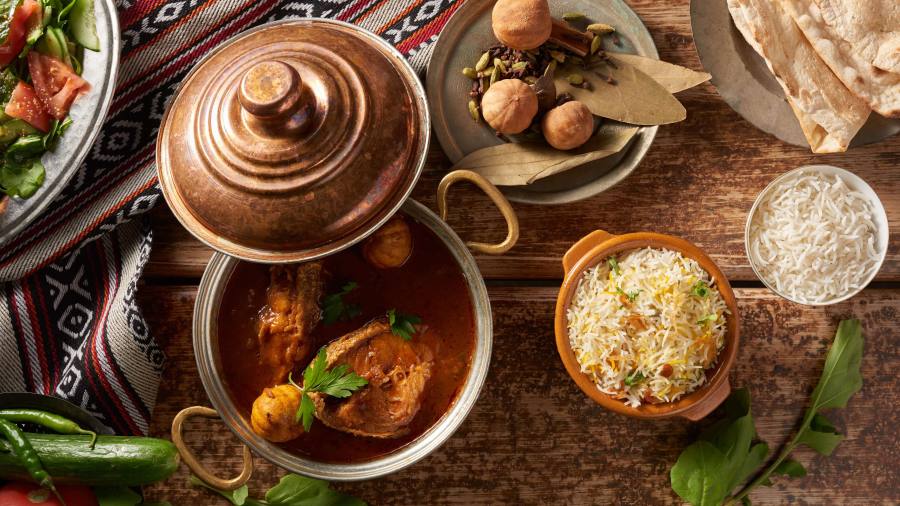
 Gastronomy Cities
Gastronomy Cities
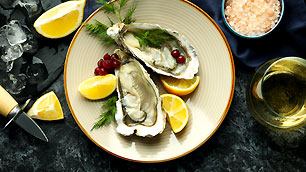 Amazing Food
Amazing Food
 Chef's Talk
Chef's Talk